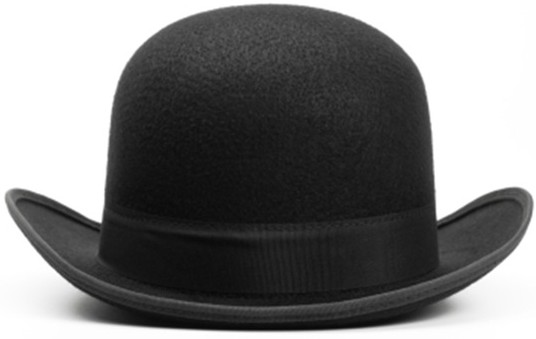I am absolutely spoiled. I live in a city that allows me to see great theater before it heads off to Broadway. Earlier this year, I was lucky enough to see the A.R.T.’s beautiful version of “The Glass Menagerie” with Zachary Quinto and Cherry Jones. While it is fun to see the new variations of old classics that the A.R.T. does so well, what is even more exciting is to see new works test the waters.
“All the Way” is a new play written by Robert Schenkkan (The Kentucky Cycle) and directed by Bill Rauch (Artistic Director of the Oregon Shakespeare Festival). Starring Bryan Cranston as LBJ and Michael McKean as J. Edgar Hoover, the play focuses on the first year of LBJ’s presidency following the assassination of JFK.
Having grown up in rural Texas, I was really excited to see what Cranston could pull off in terms of accent, demeanor and overall Southern charm that so defined the 36th President. I always worry when a big name stars in a play that their celebrity will be distracting, and I won’t be able to fully focus on the story. However, because of Cranston’s talent for the little idiosyncrasies and character traits, he completely disappears into his role.
As great as Cranston, McKean, and the other bigger name actors are, William Jackson Harper steals the show. He flawlessly faces the daunting task of playing two roles. Harper portrays both men with such truth and sincerity, that one forgets one actor is playing both characters.
The staging is beautiful and uses the theatrical medium in new and exciting ways. There are moments of truly uncomfortable “interactive” theater. I don’t use the term “uncomfortable” as a critical word, but as an appropriate word and exactly what the production was hoping for.There are moments when the actors rally the audience. The audience is faced with the challenge of maintaining the respectful silence that theater goers are expected to have, and feeling compliant against the enemy. I spoke with another audience member after the performance about the moments that challenge the audience. That challenge is good. We, as an audience, should be rallied and we should feel some profound sense of witness, compliance and morality. That’s what good theater should do.
In college, a professor of mine reminded us that theater is “living truthfully under imaginary circumstances.” Political theater showcases the moments that defined history, but it strips away the gloss and shine of the history we are taught in high school textbooks. As much as the Civil War wasn’t about one issue, the Civil Rights Act wasn’t about one idea. Successful political theater allows us to see the monsters that lurk under the surface of any historical movement–the quest for votes and power and political sustainability. However, political theater also allows us to see the good (as doctored and little as there may be). And, perhaps, most importantly, we are allowed to see the human.
“All the Way” will be making the move to Broadway in the near future.
Related articles
- A.R.T.’s ALL THE WAY Headed for Broadway? (broadwayworld.com)
- Interactions with A.R.T.’s All the Way (dramalit.wordpress.com)

